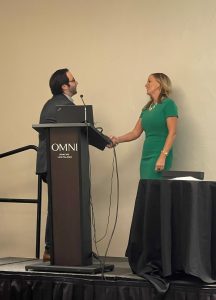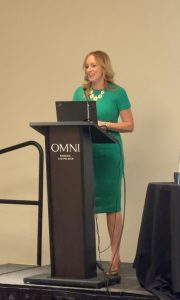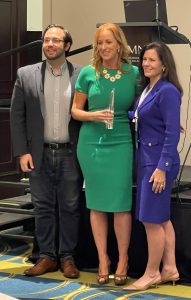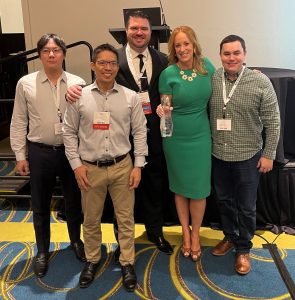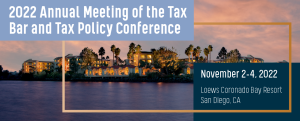The entire Pillsbury State and Local Tax (SALT) Team is very proud to congratulate our practice leader Carley Roberts for receiving the prestigious Benjamin F. Miller award during this year’s California Annual Meeting of the Tax Bar and Tax Policy Conference.
This award is presented annually by the California Lawyers Association’s Taxation Section to recipients recognized for having achieved professional excellence and notable contributions in the field of state and local taxation law akin to the attorney the award is named after, Benjamin F. Miller.
Carley has been achieving professional excellence and notable contributions to SALT, both in California and nationwide, for approximately 25 years and counting. Throughout this quarter century, Carley has also worked prolifically towards successfully garnering effective collaboration and cooperation between the private and public sectors of SALT.
Congratulations Carley!
Read more: Carley Roberts Honored with Benjamin F. Miller Award by California Lawyers Association
 SeeSALT Blog
SeeSALT Blog


